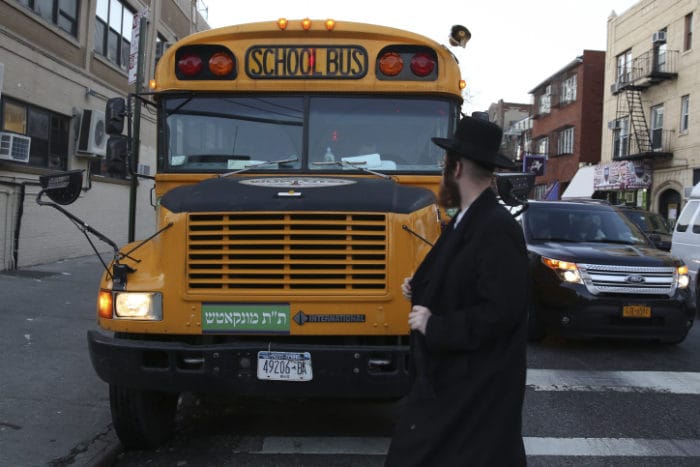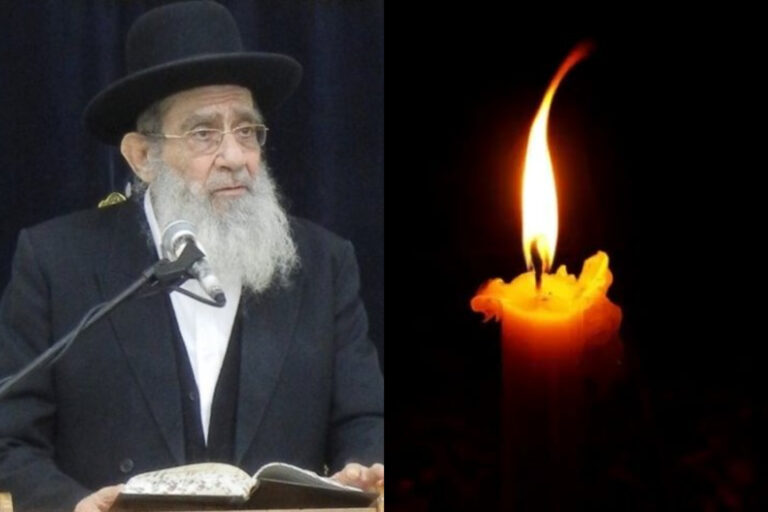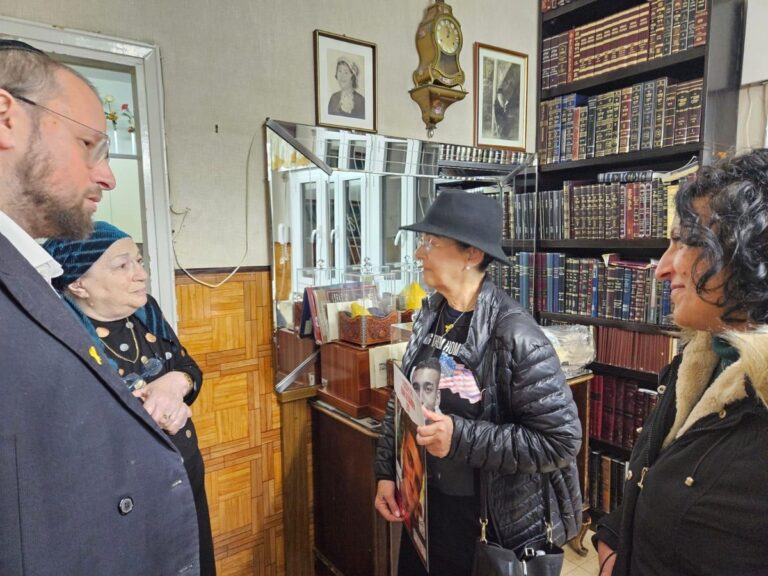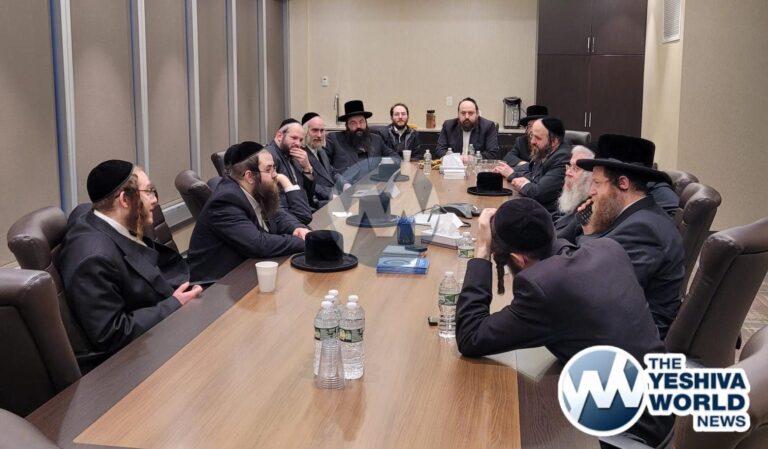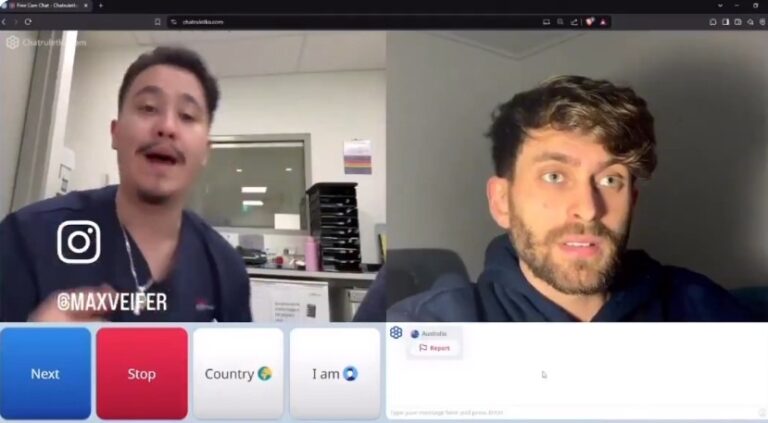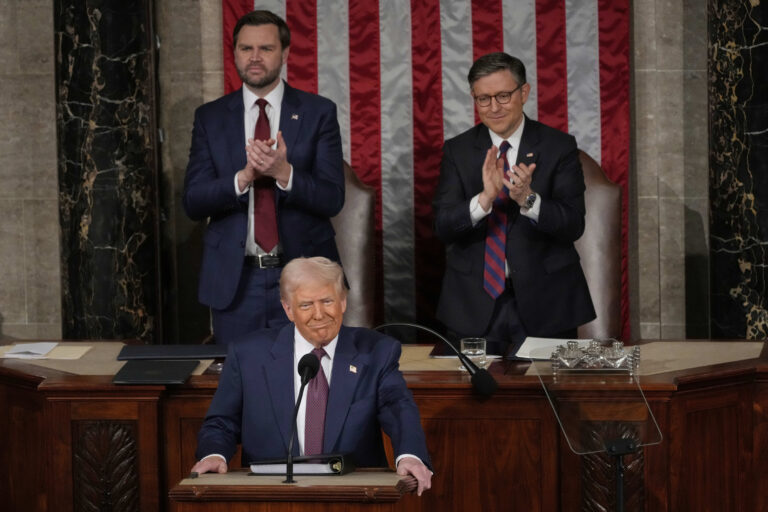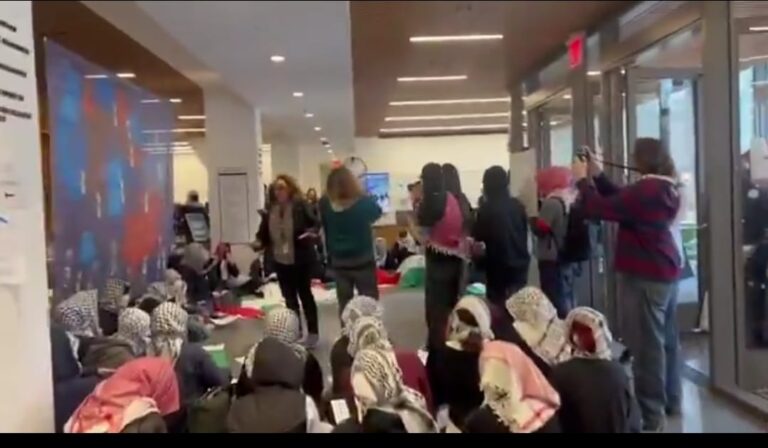Eighteen electronic devices taken during raids last month on Rudy Giuliani’s home and his law firm in a probe of his dealings in Ukraine belong to Giuliani and employees of his firm, Manhattan prosecutors revealed Thursday.
The previously redacted facts were disclosed when prosecutors re-filed an April 29 letter on the public record in Manhattan federal court. The raids occurred April 28.
They disclosed that 18 electronic devices were seized in the search of locations belonging to the former New York mayor and private lawyer to ex-President Donald Trump and his firm, Giuliani Partners LLC. Prosecutors said the devices belonged to Giuliani and “certain employees” of Giuliani Partners.
The letter had sought the appointment of a “special master” to ensure nothing subject to attorney-client privilege was revealed to the government.
The investigation is examining Giuliani’s ties to Ukraine and whether he violated a federal law that governs lobbying on behalf of foreign countries or entities.
Giuliani has insisted that his activities in Ukraine were conducted on behalf of Trump. At the time, Giuliani was leading a campaign to press Ukraine for an investigation into then-presidential candidate Joe Biden and his son, Hunter.
Some Ukrainians who were in touch with Giuliani have said publicly that they also hoped he could help them with other matters in the U.S., including arranging meetings with the U.S. attorney general and ousting the U.S. ambassador to Ukraine, Marie Yovanovitch.
Giuliani has maintained through his lawyers that prosecutors had no reason for the raids last month because they had already accessed materials from his Apple iCloud account in 2019.
On the same day of the Giuliani searches, a third search warrant was served on a phone belonging to Washington lawyer Victoria Toensing, a former federal prosecutor and close ally of Giuliani and Trump. Her law firm has said she was informed that she is not a target of the investigation.
In the letter posted publicly Thursday, prosecutors said the device seized from Toensing was brought to the Southern District of New York, which includes Manhattan, on April 28 and the government sought and obtained a warrant to search for device “for evidence of enumerated offenses.”
Prosecutors also withdrew redactions that had referenced search warrants they obtained in November 2019 for iCloud accounts for Giuliani and Toensing and for an email account belonging to Toensing.
They said the government has used a “filter team” composed of prosecutors and FBI agents who are not part of the criminal probe to review the 2019 materials to safeguard materials protected by attorney-client privilege.
Prosecutors said their review of materials taken in 2019 was “substantially complete.” They also said they believed that “some, but not all, of the materials” on the electronic devices seized last month could be the same as materials seized in 2019.
Lawyers for Giuliani have challenged last month’s raids on the grounds that anything gathered from the 2019 search warrants was illegally obtained because investigators improperly intruded on private communications with the president during their secret inquiry.
In a letter to a Manhattan judge that was made public last week, Giuliani’s lawyers said prosecutors treated “a distinguished lawyer as if he was the head of a drug cartel or a terrorist, in order to create maximum prejudicial coverage of both Giuliani, and his most well known client – the former President of the United States.”
Late Thursday, prosecutors publicly filed a response to those arguments, saying that the government has gone above and beyond what is required by requesting appointment of a “special master” to protect Giuliani and Toensing from anything subject to attorney-client privilege.
“To be clear, the mere fact that Giuliani and Toensing are lawyers does not mean that they are above the law or immune to criminal investigation. Yet that is effectively what Giuliani and Toensing argue,” they wrote.
Prosecutors also revealed in the letter that the FBI had successfully downloaded 11 devices belonging to Giuliani and returned them to him. They said seven more devices belonging to Giuliani and his business cannot be fully accessed without a passcode and will require more time to unlock.
They added that the FBI has already downloaded and returned Toensing’s device and investigators have not reviewed any of the materials yet.
Asked about the identities of the other individuals whose devices were seized at Giuliani’s firm, defense attorney Robert Costello said Thursday in a text message that he could not comment.
A spokesperson for prosecutors also declined comment.
(AP)


